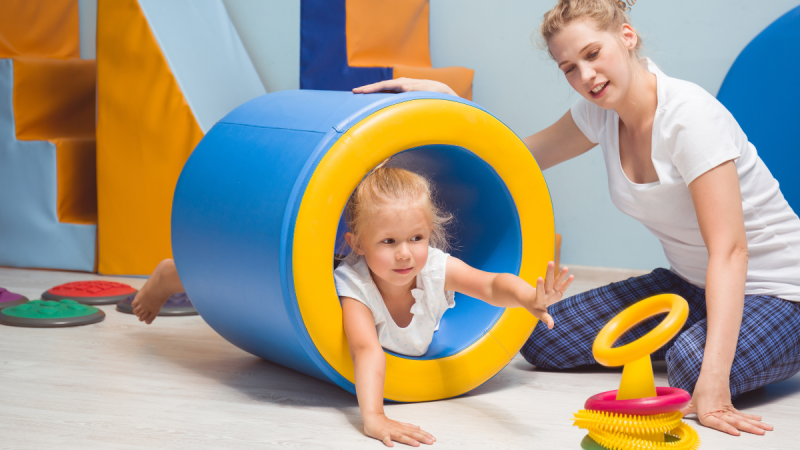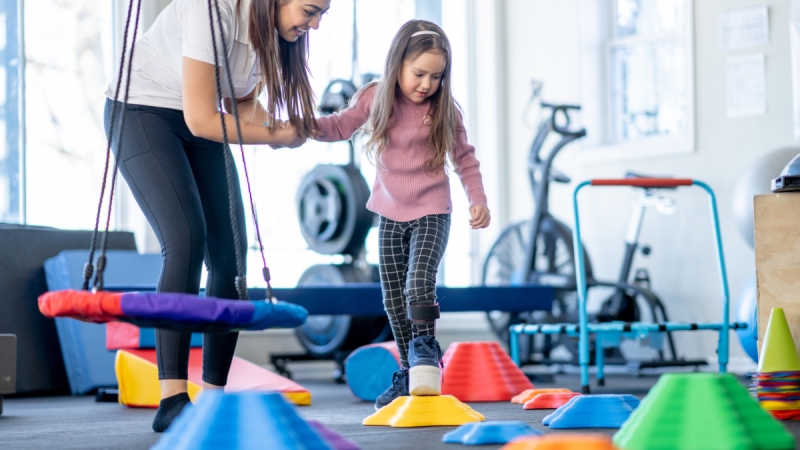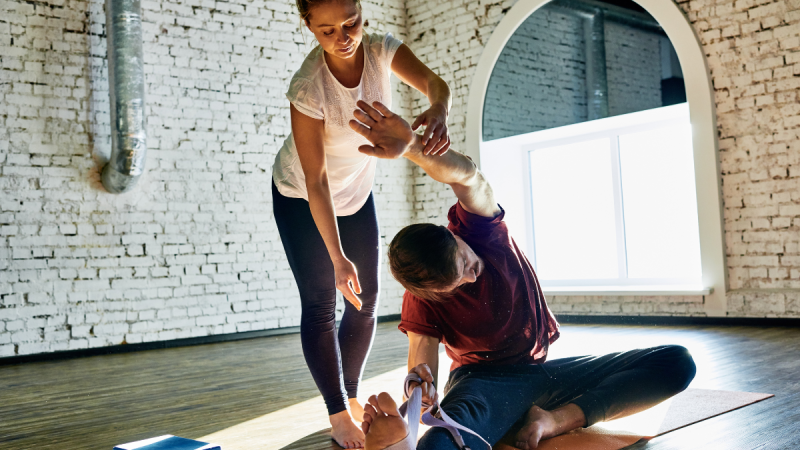Do You Qualify for NDIS Physiotherapy in Adelaide? Checklist for Participants
Not sure if you’re eligible for NDIS physiotherapy in Adelaide? This quick checklist breaks down what participants need to qualify, what funding categories may apply, and what documents can help. Save time and get clarity before your next plan review. Read the full guide now.


